Here’s a tale of two very different sides of the games industry for you.
On the one hand, I was recently given an hour-long look into The Plucky Squire, an upcoming Devolver Digital-published game about a character that can pop into and out of the “real world” from a book, and this is the most delightfully whimsical thing.
Vaguely inspired by a whole bunch of Nintendo games (especially Zelda), the ability to move into and out of dimensions gives The Plucky Squire an identity all of its own. The way it moves between top-down, 2D and 3D spaces is fascinatingly fluid, and the developers have come up with puzzles quite unlike anything I’ve seen before (or, at least, can recall having seen). For example, in one section you need to pop into the book to collect words from one page to then pop out and move them over to another page, changing the meaning of the sentence and clearing a path forward. The Plucky Squire constructs its puzzles out of things using ideas that we’ve seen in some form before, but the overall way that it has pulled it all together is quite unique.
The game also looks gorgeous, has a wonderfully wholesome “all ages” spirit to it, and promises a kind of joyful sense of play that we rarely see outside of Nintendo at its absolute best. But what caught my attention the most was one line that the developer mentioned during the presentation. He said that originally the game had been designed as a much more standard 3D action game, and Devolver wasn’t particularly interested in that. It was only after challenging themselves to come up with something genuinely different, creative and playful that they were able to secure a publisher.
Meanwhile, also this week I started playing Starfield. Now, I write the following with the disclaimer that I’m only a few hours in and yes, I am open to having my first impressions changed. However, I have read plenty of reviews and seen plenty of coverage, and I have been playing this game for far longer than I was able to see The Plucky Squire. So I feel a comparison of the impression that both left on me is fair, and here’s the overwhelming impression that I’ve had of Starfield so far:
The developers copied, in its entirety, the opening hook of Mass Effect. An artifact gives the protagonist a vision that sends them on an intergalactic quest. A literal galaxy to sandbox around in, and Bethesda came up with something less inspired, creative, or interesting than what ChatGPT would have generated. With an opening like that, it was always going to be difficult for this thing to turn me around and convince me that this “art” work had any value whatsoever.
I mean the game doesn’t even have Tali and Garrus, and if you’re going to just wholesale copy something better, you need to make sure you get the good stuff too.
Seriously, though, it actively annoys me that Starfield has been broadly praised. Not for its narrative – something that is ostensibly important to an RPG, but you’d never believe it given how focused on content most of the blockbuster ones have become. No. Starfield has been praised for, as far as I can tell, just having a lot of content and being a blockbuster about it. That’s it. So many of the positive impressions even outright state that the story sucks, that the characterisation is limp, and that Bethesda is somehow regressing even further away from trying to tell a story to instead providing players with a “sandbox” and leaving the responsibility for having a good time entirely on their shoulders. Yet they don’t care because there’s a lot of content and it’s come from a AAA studio, so it must be good.
“Derivative” doesn’t even begin to describe everything that I’ve seen in and about Starfield. If it does have original qualities or the ambition to be anything creative, then no one’s talking about those, nor screenshotting them, nor deeming them important enough to mention in a review.
Perhaps it’s all the more frustrating because Baldur’s Gate 3 managed to be a blockbuster in every sense while still daring to tell a narrative, but it is deeply frustrating to me to see so many people giving Starfield a pass despite a total lack of creativity. It is a bland, homogenised, overly bloated experience that lacks the bravery to say or mean anything, or even give players something different to look at. That doesn’t deserve plaudits. Bethesda, as a company, doesn’t deserve to be celebrated, and hasn’t for quite some time, because almost all of its games come across as a psyop from the AAA industry to settle for nothing content that’s easy for big publishers to brute force into existence.
There’s no reason for it when things like Baldur’s Gate 3 can exist. Nor when there are publishers like Devolver are out there that actively rejecting homogenisation and demanding creativity. It’s possible to have a business that makes money from art rather than content. Video games really, truly can be an art form rather than a content factory.
All we need to do is demand better from companies like Bethesda and stop giving them a pass for pulling stunts like Starfield.

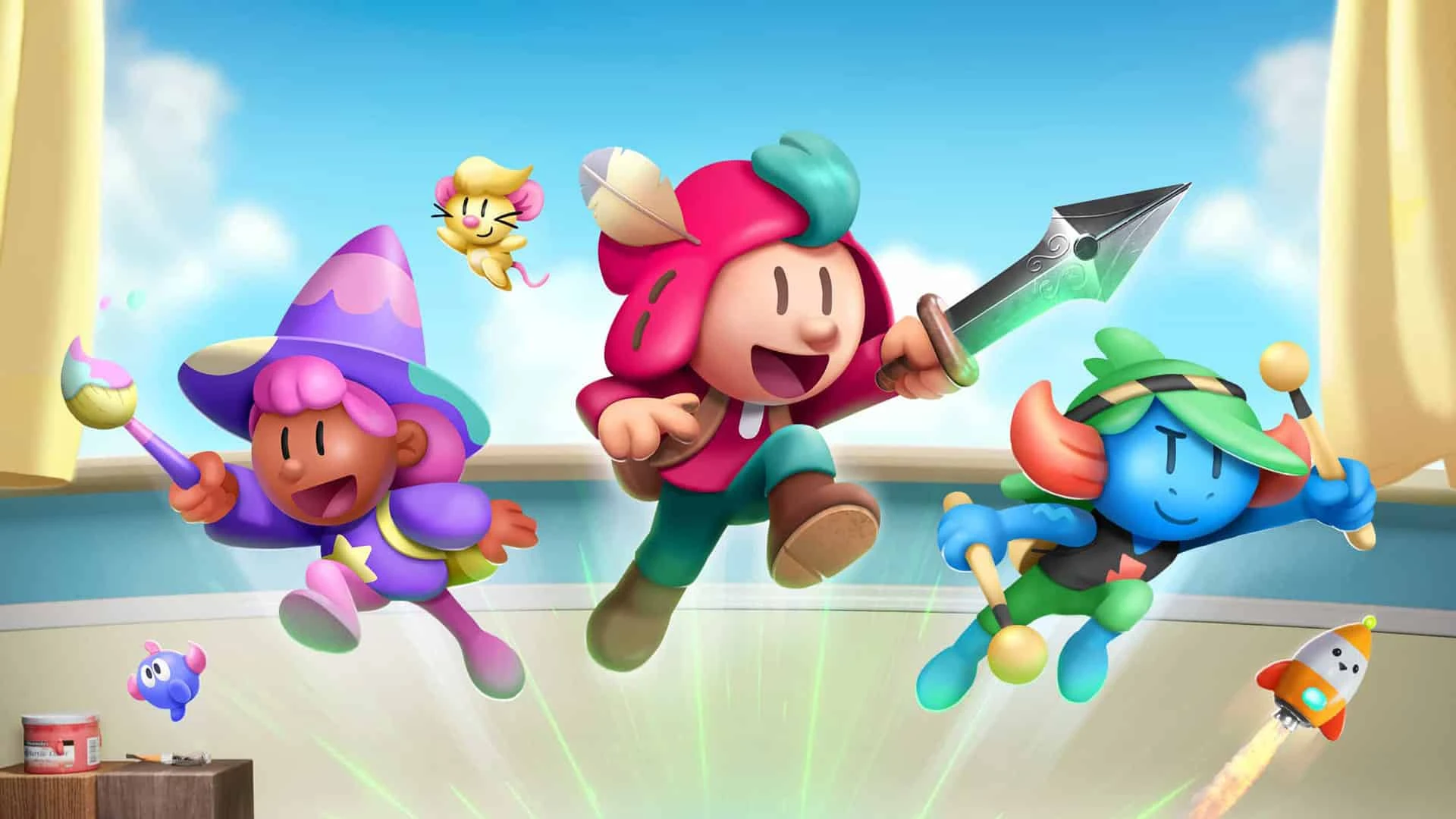
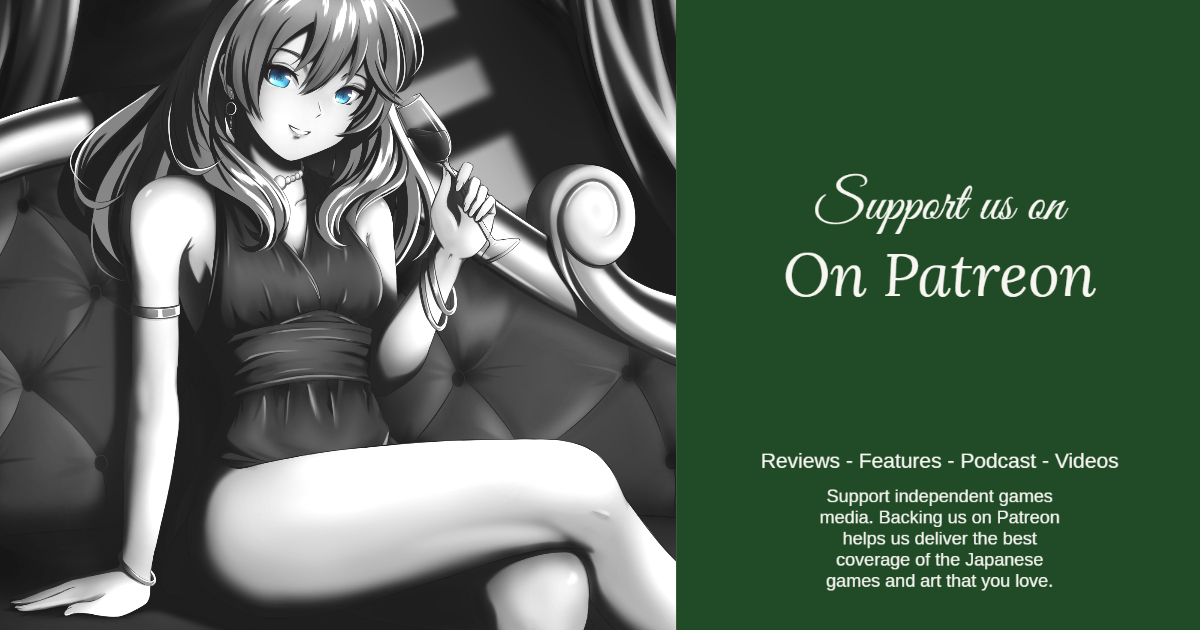
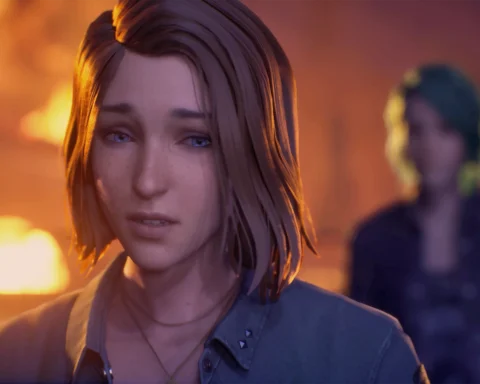
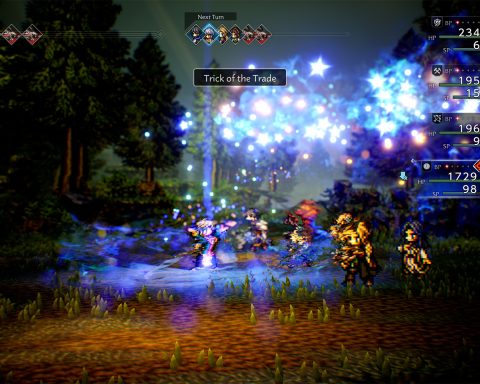

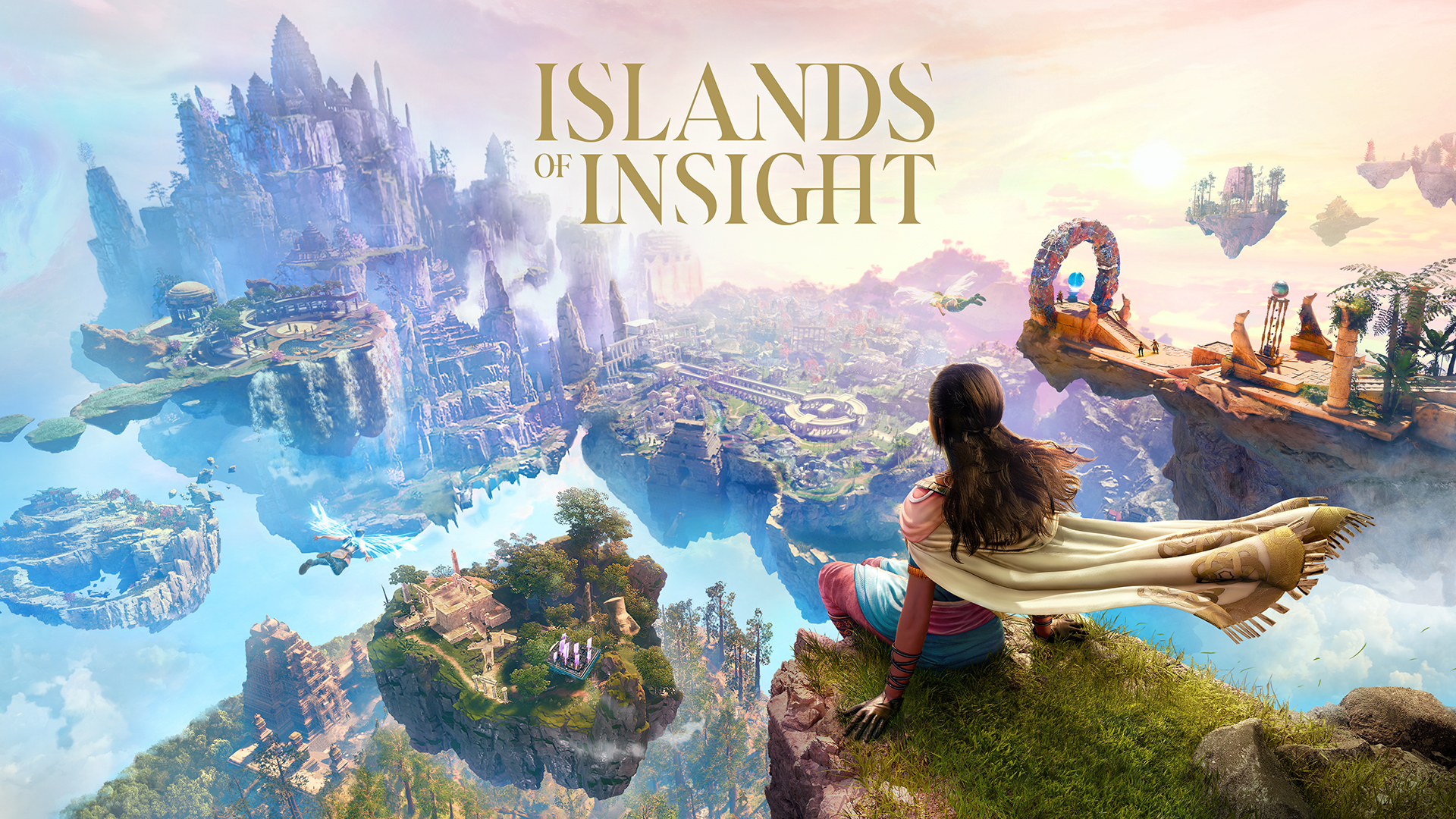
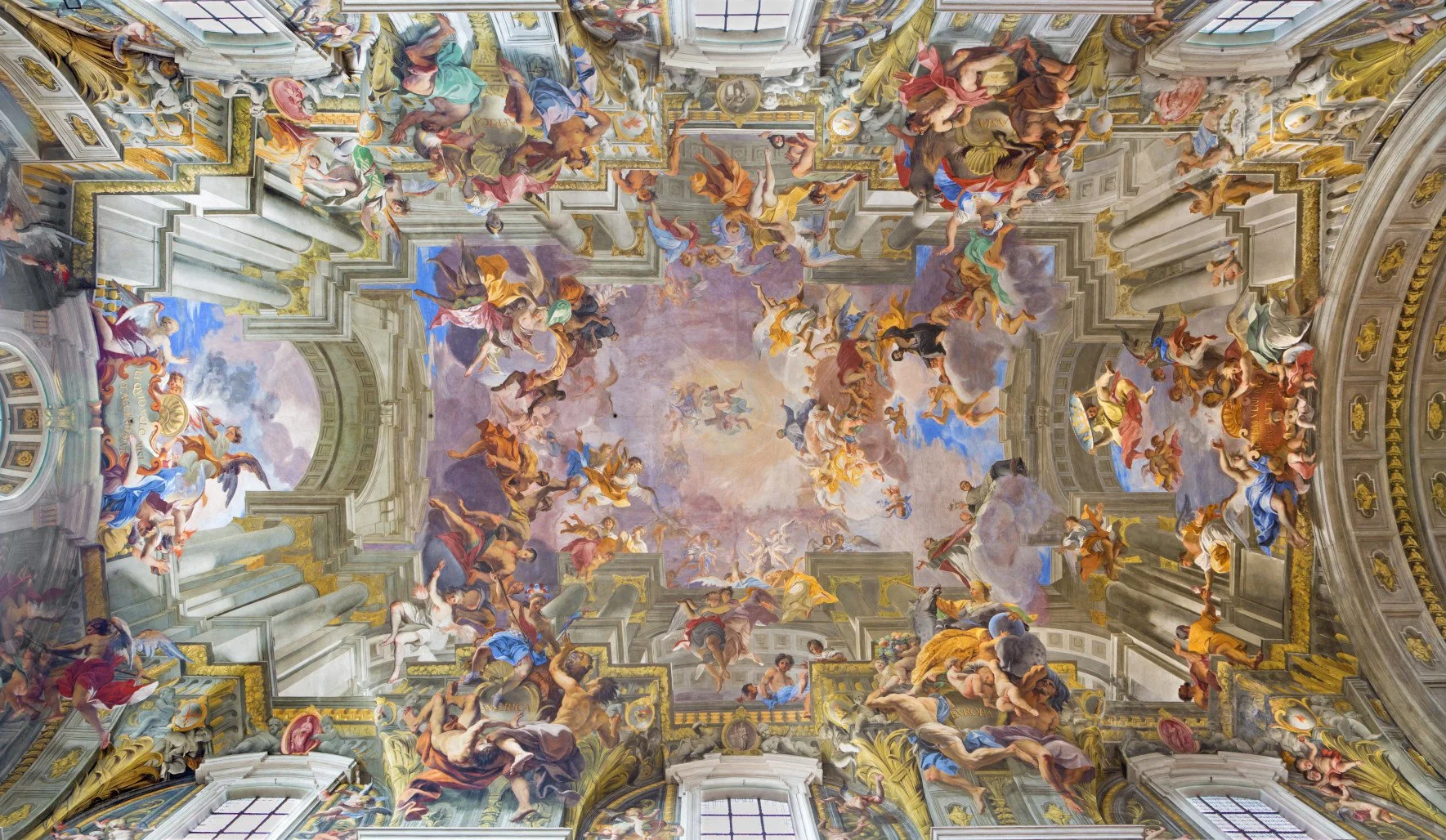



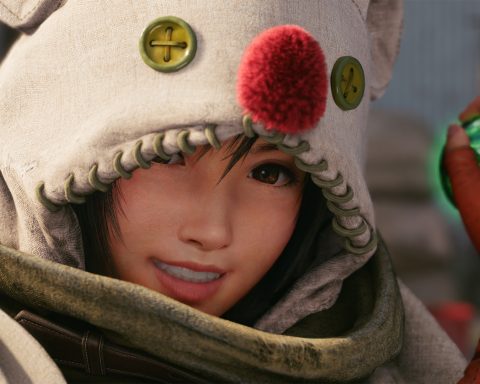
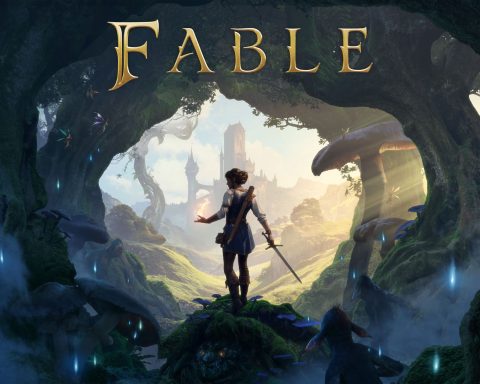
I haven’t played Starfield and have little intention to, largely because what you’ve said about it here is how I’ve felt about most Bethesda games post-Oblivion. And even Oblivion felt a bit like that at times. All *content*, no substance. Nothing memorable. Nothing thought-provoking. No characters I’ll think back on fondly. No situations that made me think “well, I’ve never done *that* in a game before”. Just the same rocky paths and dead trees scattered around, NPCs who have no idea who I am despite me just doing something supposedly narratively significant and a gradually increasing sense that one might be wasting one’s time somewhat.
The gamurrrrzzz are upset with Starfield not because of this, however, but because it has pronouns on the character creation menu, and because they believe there are “too many” non-white people around the place.
Is it any wonder there are very few people thinking about games in terms of their artistic achievements when that’s the quality of one end of the “discourse”, and the other is blindly praising what a good content factory it is?
I see nothing wrong with “content factories.” Linear, one-shot games are great too, but what are we going to play when we’re done? We need games that endless generate content… unless of course you simply don’t like “gamey” games. Starfield is probably Bethesda’s niche-iest game, so I can understand your disappointment. You have to love the setting, first of all, and standard shooter mechanics. I think the game is more a mental playground and asks a lot from your imagination, which is why a lot of people don’t like it; it feels old-school, for better and worse.
Also, why Mass Effect has a strikingly similar opening, I would argue the tone of the two games are different: Mass Effect is standard save-the-world fare (Shepard has a vision of death & war), while Starfield is more about discovery and mystery (a “peaceful” vision). The big bad is revealed right away in ME. Not so with Starfield. Would this have changed your opinion of its writing?
At this point, there are hundreds of thousands — possibly millions — of video games available on myriad platforms, so the answer to “what are we going to play when we’re done?” is “something else”. There is no “need” for games that endlessly generate mindless “content” unless you specifically want to devote your life to a single game… and how dull that would be.
“Lifestyle games”, as a friend of mine once called them, are generally designed with “player retention” in mind — and subsequently monetisation, in many cases. While Starfield may not be designed in an overtly predatory fashion like, say, Fortnite, you can bet your bippy they’re going to try and sell you plenty of DLC as time goes on — and in the meantime, they’ll love looking at their player base as metrics rather than evaluating whether Starfield is a success as a creative, artistic work.
One comparison stuck out to me. My brother played BG3 and said it looks like generation ahead of other CRpgs. On the other hand Starfield’s presentation and overall feel is Fallout 3,two generations ago. We only saw previews and a couple hours of streams, but it is not a flattering justaposition.
In my case, I just played Xuan Yuan mists beyond the mountains, a 1999 game. I was floored by how fresh and exciting its adventure felt. If the 25 year old game does that, it is inaccurate to say Starfield is bad due to out dated design. It wasn’t that good in the past either.